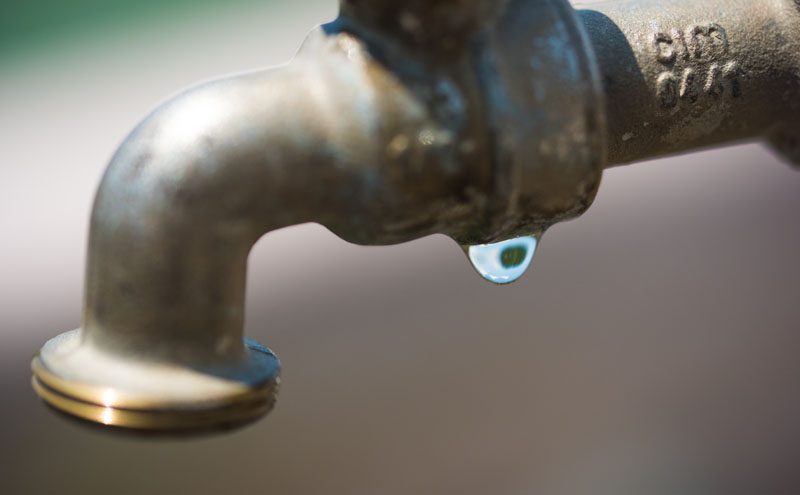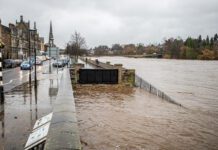
The volume of water lost – from leakage, inaccurate customer meter readings and theft – provide the figure known as Non Revenue Water (NRW). A recent study estimates that global NRW is in excess of 100 billion m3 per year.
So it seems managing and reducing leakage and NRW is still one of the major operational tasks facing water utility operators, and one of its biggest headaches.
Presented by its organisers as the world’s premier water leakage summit, the 2018 Global Leakage Summit, taking place 13-14 March 2018 at the Amba Hotel Marble Arch in London, will provide a unique international platform for leakage practitioners, and all those in the business of delivering improved efficiency for their particular water utility.
The line-up includes over 35 international case studies presented over two conference days. There will be two optional pre-conference Workshops: ‘From Intelligent Data to Sustainable Impact’, sponsored by Echologics/Mueller, and ‘Technology: Islands & Innovations’ sponsored by i2O.
An exhibition showcase area will feature over 25 technology providers, and there will also be an evening drinks reception, and a gala dinner and charity auction for Water Aid for all speakers, delegates, sponsors and exhibitors to enjoy.
Some of the hot topics scheduled for discussion at the event include the following:
Can innovation help to drive down leakage?
Is there sufficient emphasis on innovation in the global water industry? What innovation is still needed to drive leakage down to a level for the supply demand balance to be sustainable?
How do water companies get funding for innovative projects?
Where does the funding come from and how are projects selected?
How are the cost benefits measured?
Performance-based contracts
Is ‘contracting out’ some leakage strategy operations more cost effective than training and using in-house staff? What operations tasks are most suited to PBCs and which are not? There is now a wealth of experience of the cost-benefits of carrying out NRW PBC contracts and we will hear some international case study examples.
Leakage and customer demand
Can operators work more closely with customers to help drive down leakage? Customers are already encouraged to report visible leaks or changes to pressure, but can they accept behaviour change to become more active in managing their demand and reducing per capita consumption?
Can smart metering make a difference?
Smart metering is not just about giving customers a more accurate bill – it can be an aid to finding leaks on customer supply pipes and in the house, and to reducing customer use. What are the drivers, the technology and the evolutionary process from ‘dumb meters to AMI?
Low cost sensors
Sensor units currently available are still cost-prohibitive for full network spread. What are the options – and the likelihood – for developing low-cost sensors? Can simple sensors do the job (the simpler the better)?
Fledgling technologies
Can we do more with robotics and drone technology? Drones are not yet seen as fully fledged connected IOT technology, but could play a significant part in the IOT acting either as a sensor or by providing a connection between sensors and data collection points. But can they work together with other drones to collect and act on the data?
Managing upstream losses – the challenges of large diameter pipes
Large diameter trunk (transmission) mains have always been the bête noire of water networks – they are invariably large diameter, run at low pressure, made of non- metallic materials, and often laid in rural areas – the worst combination for meter selection, meter accuracy, leakage monitoring and leak localisation. What technologies do we have for improving this scenario?
Asset management – ‘Age Is Not Important But Calm Networks Are’!
Can we predict pipe breaks based on modelling historic pipe burst events and the estimated cause of failure – and by analysing the causes of transients – to help solve the ‘repair or replace’ conundrum (planned maintenance)?
For more information visit http://www.global-leakage-summit.com/







